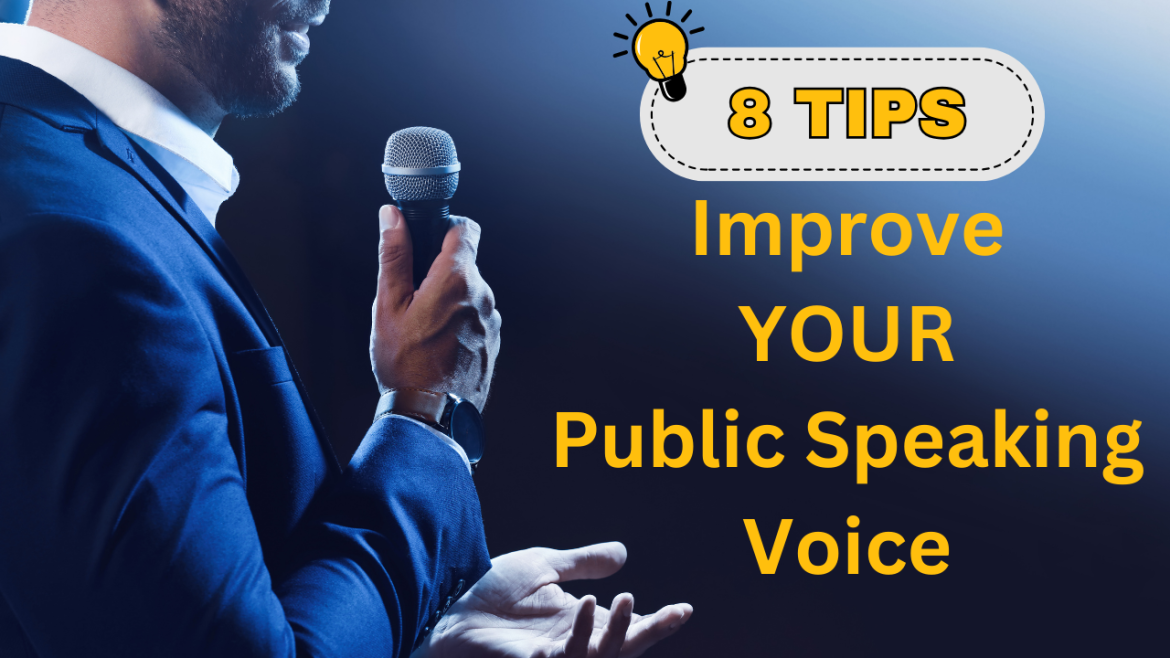You can choose the best speaker for your corporate summit, sales seminar, leadership retreat, or team-building event. A dynamic and well-aligned speaker can energize, align, and leave a long-lasting impact on your audience. On the other hand, a speaker who is not right for the job can result in disengagement and confusion.
Strategic planning becomes important here. The following event speaker booking tips can help you hire the best speaker for your event and reach your target audience.
1. Define Your Goals First
Before beginning your speaker search identify the goals you have. Are you trying to inspire and motivate your employees, create innovation, generate sales, implement a change, or entertain and engage them?
Your event’s objectives should guide you through the entire booking process. If you are planning a leadership event, it is important to find a speaker with corporate expertise. But if your goal is to launch a product, then you may want someone who can motivate and influence. Knowing your objective will help you select speakers who are best suited.
2. Know Your Audience
Consider the industry, seniority level, and cultural context of attendees. Consider the seniority of attendees, their industry, and their cultural context. What style is most appealing to them? Are they more formal and academic in nature, or are they casual and story-driven? Are they senior executives, young professionals, mixed groups, or seasoned executives?
3. Reviewing Content And Not Just Reputation
You shouldn’t choose a speaker based on their popularity or following online. Look beyond the name to see what they’re saying.
Check out their previous keynotes, read reviews, learn about their topics of expertise, and see how they engage audiences. Are the presentations thought-provoking, useful, and relatable to their audience? Leave room for interaction or Q&A if needed.
See if their message is in line with the theme of your conference. A message that’s well-matched with your event theme has more impact.
4. Asking Questions
Ask more questions about fees and availability when you contact potential speakers. You can ask:
- How can you adapt your speech to different audiences?
- Can you include our specific theme?
- Do you offer workshops or materials for follow-up?
- What technical requirements do you have?
- How would you handle a Q&A panel or Q&A?
Clear answers will help you determine the speaker’s professionalism and flexibility, which are essential for a smooth experience.
5. Consider Format
Depending upon the type of your event, you may require something more. Some speakers provide breakout sessions, workshop or fireside chats as well as their main speeches. Other speakers might offer interactive exercises and panels, as well as networking opportunities.
Consider the flow and level of energy in your event. Is an interactive or storytelling-based session better than a lecture? If you want to maximize engagement with your event, match the speaker’s format to the flow of the agenda.
6. Check For References And Testimonials
Don’t skimp on this step. Ask past clients for testimonials. Especially those who had events similar to yours. Was the speaker true to their word? Was it easy for you to work with them? Are they able to connect with the audience?
Also, ask for feedback from event planners or corporate contacts. You’ll get a lot of valuable feedback from these sources that you will not find in polished bios, videos or promotional materials.
7. Plan Your Booking Early
The best keynote speakers are usually booked months (or sometimes even years) in advance. Once you’ve selected candidates, sign agreements as soon as possible to ensure their availability. When you book early, the speaker has more time to customize their content according to your goals.
Prepare a brief for the speaker, including the profile of your audience, what you hope to achieve, a schedule, and technical considerations. A prepared speaker will likely deliver a relevant, intentional session.
8. Communicate clearly And Professionally
Your speaker should be treated as a true partner and not a mere contractor. Be sure to keep the lines of communication open and provide all necessary materials. Also, set expectations on arrival times for rehearsals, dress codes, etc.
Professionalism from your side will set the stage for a productive relationship and ensure that everything runs smoothly the day of the event.
Final Thoughts
Finding the best speaker is both an act of art and a scientific process. The best way to ensure an unforgettable and meaningful event is by matching your event’s goal with your audience’s expectations and thoroughly vetting the candidates. The voice of your choice will set the stage, inspire actions, and reinforce the event’s message well after the curtain closes.

